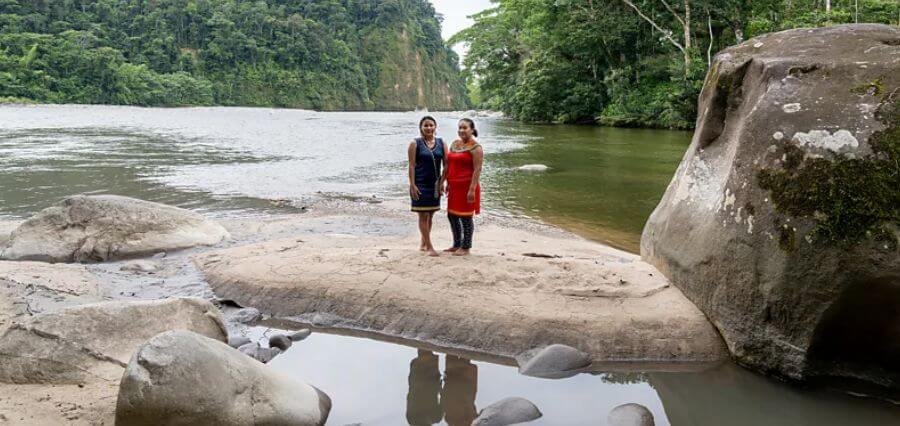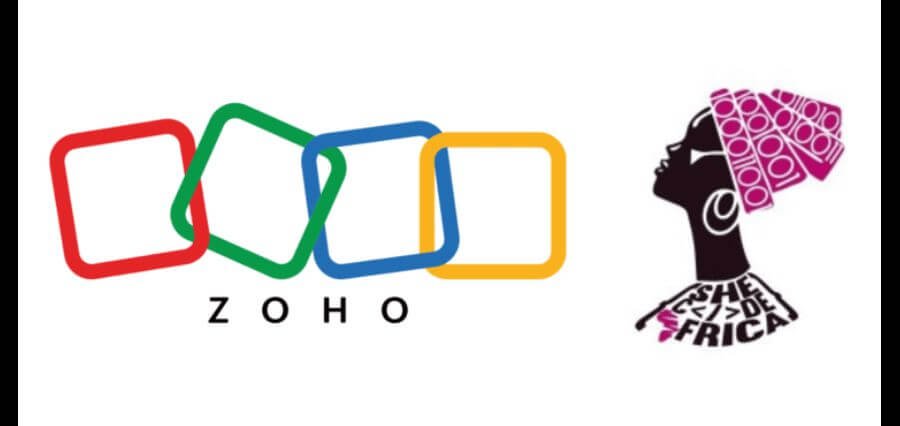The Yuturi Warmi patrol group, based in Ecuador, has made a commitment to safeguard their community’s land within the Amazon Rainforest from the detrimental effects of extractive industries. It seems that their efforts are bearing fruit.
In the middle of Ecuador’s Amazon, in the Serena settlement, dawn is breaking. In the Napo Province, Elsa Cerda, a 43-year-old native Kichwa woman, brews guayusa leaves—a native plant from the rainforest—in a pot alongside the Jatunyacu River, which subsequently joins the Amazon River.
It is the commencement of the Guayusa Upina, an initiation ceremony that indigenous peoples of the Amazon perform before starting their everyday lives. This custom serves as a spiritual link to their ancestors’ roots rather than just being a routine.
A varied group of 35 women, ages 23 to 85, arrive one by one to the ceremony as the first light starts to peek through the tree canopy. Using medicinal plants, the eldest of them, Corina Andy, affectionately known as “abuela,” or “the grandmother,” guides them in a communal cleansing rite.
The younger women, meanwhile, chant and dance to traditional melodies in Kochwa Napo, their mother tongue. “Strength, strength!” Cerda yells, and the women reply, “Guard, guard!” while the echo echoes.
“Yuturi Warmi” is the name of the group. One of the newest members of the Yuturi Warmi, Elsie Alvarado, explains that “Warmi” means woman in the Kichwa language, and “Yuturi” refers to a kind of Amazonian ant that is fierce and protective.
“We chose this name for the group because it symbolises our fight and strength, much like the ants that resist and protect their territory,” she says.
The 154-member Yuturi Warmi community patrols a vast tract of land that they estimate to be between three and seven and a half square miles (7.8 and 3.9 square kilometers), which they use to vigilantly monitor the threat posed by mining activity. The women claim that their area of land, including the river, has stayed unspoiled even though metal poisoning has been documented upstream and downstream.
Among the 50 indigenous communities along the Jatunyacu River, the Serena hamlet is tucked away an hour’s journey from Tena, the provincial seat of Napo. In their capacity as guardians of the Amazon, they are tasked with protecting the region from pollution and conserving the land and rivers from practices that endanger biodiversity, such mining and deforestation.
The “longstanding but often invisible fight of indigenous women in the extractive industry” is highlighted by researcher and assistant professor of politics Andrea Sempértegui of Whitman College in Washington. “Bringing this struggle to the forefront and gaining much-needed recognition” is what organizations like Yuturi Warmi are doing.
Cerda, the group’s leader, states that the women of Yuturi Warmi’s role is to “stand on the frontlines, embodying the resilience, determination, and strength of indigenous women in the Amazon”.





